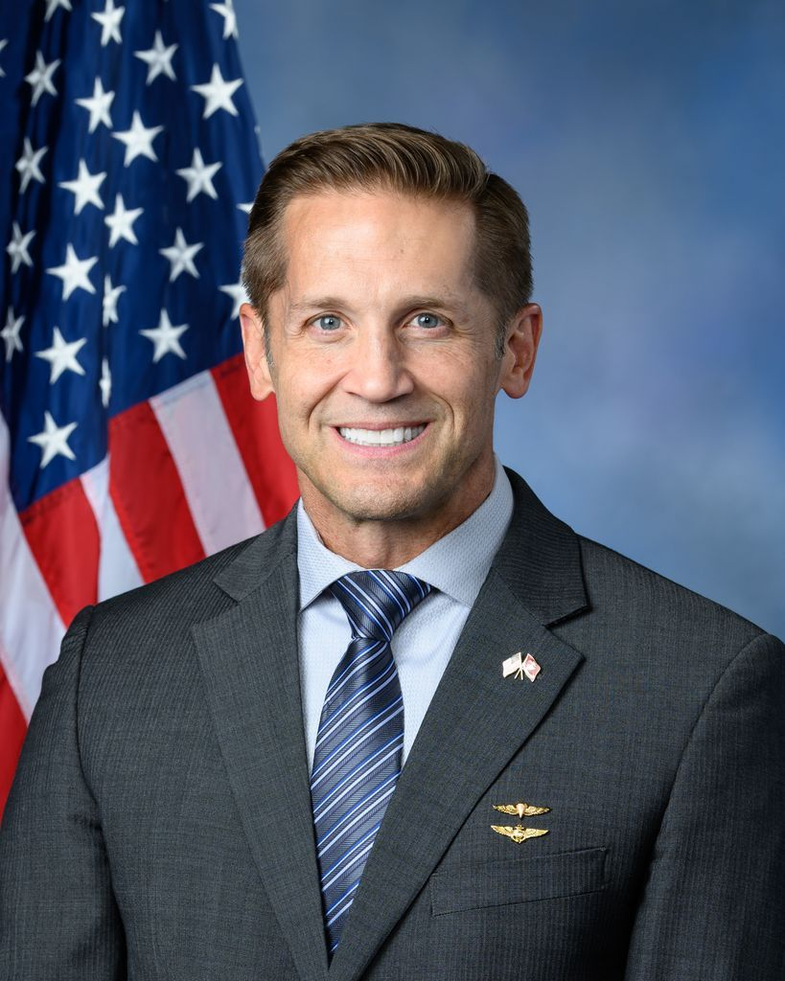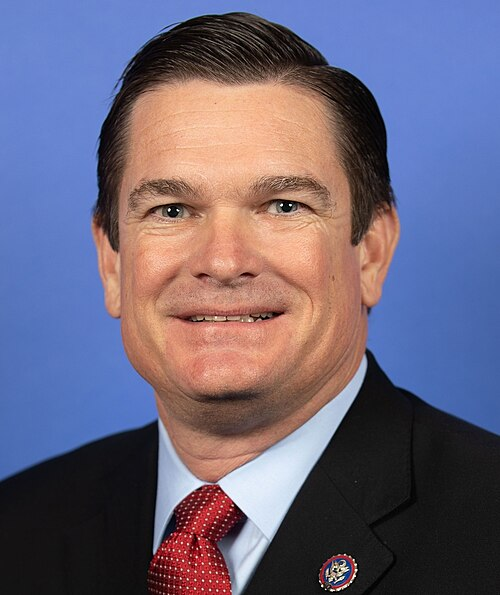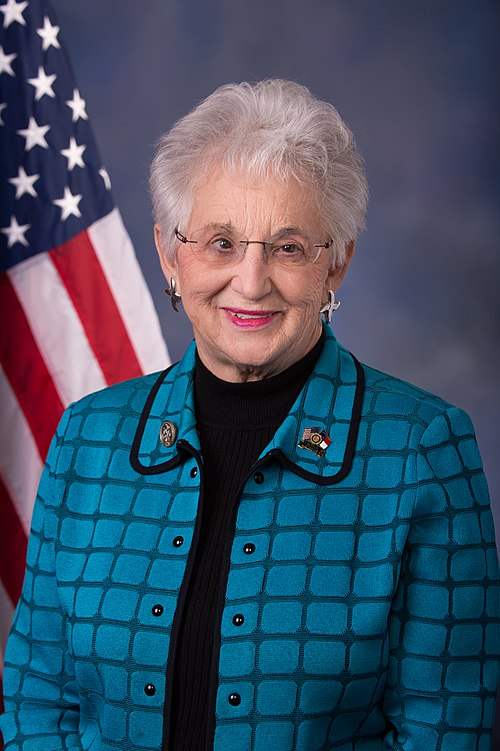H.R. 3843: Baseload Reliability Protection Act
The Baseload Reliability Protection Act aims to modify the Federal Power Act with the intention of ensuring that specific electric generating units remain operational in areas that are identified as being at high risk or elevated risk of electricity supply shortages.
Key Provisions
- Prohibition on Retirements: The bill prohibits operators or owners of covered electric generating units from retiring these units in areas designated as at risk of electricity supply shortfalls.
- Fuel Conversion Restriction: It also prohibits the conversion of the fuel source for these units in such areas.
Definitions
- Covered Electric Generating Unit: This refers to a dispatchable electric generating unit that is connected to the bulk-power system, has a capacity of at least 25 megawatts, and does not primarily use intermittent renewable energy sources.
- Covered Area: This is defined as an area served by a Regional Transmission Organization or Independent System Operator, which has been identified as at high risk or elevated risk for electricity supply shortages.
Exemptions
There are provisions for exemptions where operators or owners of covered electric generating units can petition the Federal Energy Regulatory Commission (FERC) to allow for retirement or fuel conversion under specific circumstances:
- The petition must be submitted within 90 days of a relevant reliability assessment.
- FERC has 90 days to either grant or deny the exemption request, but if the request is due to unprofitability or financial losses, FERC may take up to 180 days.
- Exemptions will be granted if the Commission finds that retirement or conversion would hinder the reliable operation of the power system or if the operator or owner can demonstrate unprofitability, financial losses, or increased safety risks.
Funding and Grants
The bill allows the Secretary of Energy to provide grants or loans to operators or owners of covered electric generating units to assist in keeping them operational, especially if the prohibition on retirement is affecting their financial stability.
Compliance and Penalties
Actions taken by operators or owners to comply with the prohibitions will not be subject to penalties under federal, state, or local environmental laws during the period the prohibition is in effect.
Reliability Assessments
Following the enactment of this bill, the Electric Reliability Organization will be required to publish standardized methods for assessing electricity supply risks and categorizing areas as high risk or elevated risk within 60 days.
Judicial Review
Operators who are adversely affected by a determination made by FERC regarding exemptions will have the right to appeal the decision in the appropriate circuit court.
Relevant Companies
- EXC - Exelon Corporation may be affected as it operates multiple nuclear and non-renewable generation facilities, which could be subject to the new restrictions on retirement.
- DUK - Duke Energy Corporation operates many power plants; restrictions on fuel conversion or retirements could impact their operational strategy.
- NEE - NextEra Energy, while primarily focused on renewables, has traditional generation assets that may face limitations under this bill.
This is an AI-generated summary of the bill text. There may be mistakes.
Sponsors
26 bill sponsors
-
TrackJulie Fedorchak

Sponsor
-
TrackRick W. Allen

Co-Sponsor
-
TrackTroy Balderson
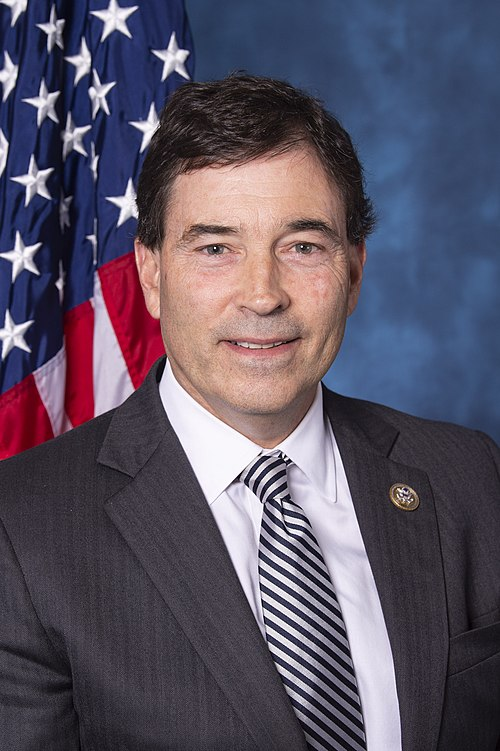
Co-Sponsor
-
TrackAndy Barr
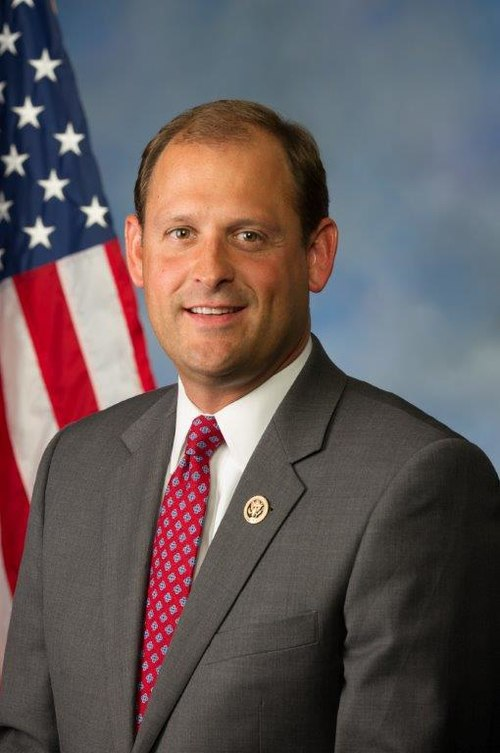
Co-Sponsor
-
TrackMichael Baumgartner

Co-Sponsor
-
TrackTroy Downing
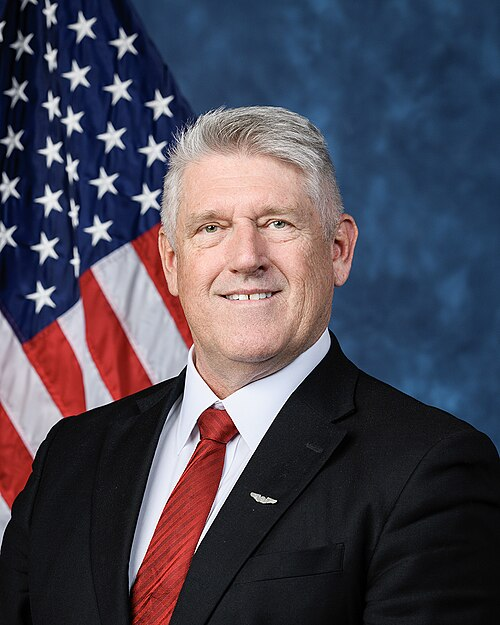
Co-Sponsor
-
TrackGabe Evans

Co-Sponsor
-
TrackCraig Goldman
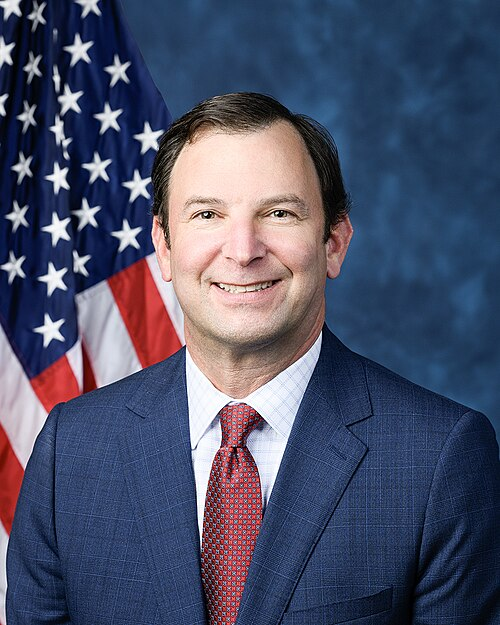
Co-Sponsor
-
TrackH. Morgan Griffith

Co-Sponsor
-
TrackAbraham Hamadeh

Co-Sponsor
-
TrackMike Haridopolos
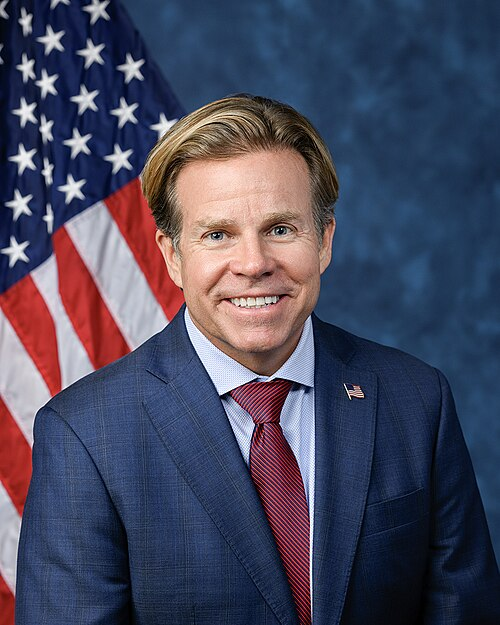
Co-Sponsor
-
TrackPat Harrigan
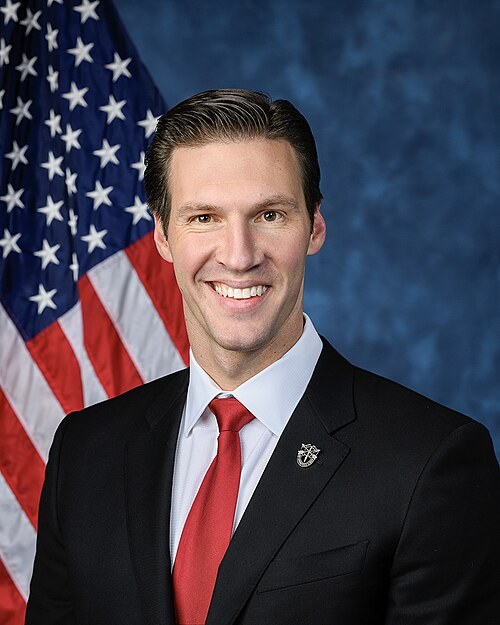
Co-Sponsor
-
TrackJ. French Hill

Co-Sponsor
-
TrackErin Houchin

Co-Sponsor
-
TrackDusty Johnson

Co-Sponsor
-
TrackMichael Lawler

Co-Sponsor
-
TrackLaurel M. Lee

Co-Sponsor
-
TrackAddison McDowell

Co-Sponsor
-
TrackJohn McGuire

Co-Sponsor
-
TrackMary E. Miller

Co-Sponsor
-
TrackCarol D. Miller

Co-Sponsor
-
TrackRobert Onder
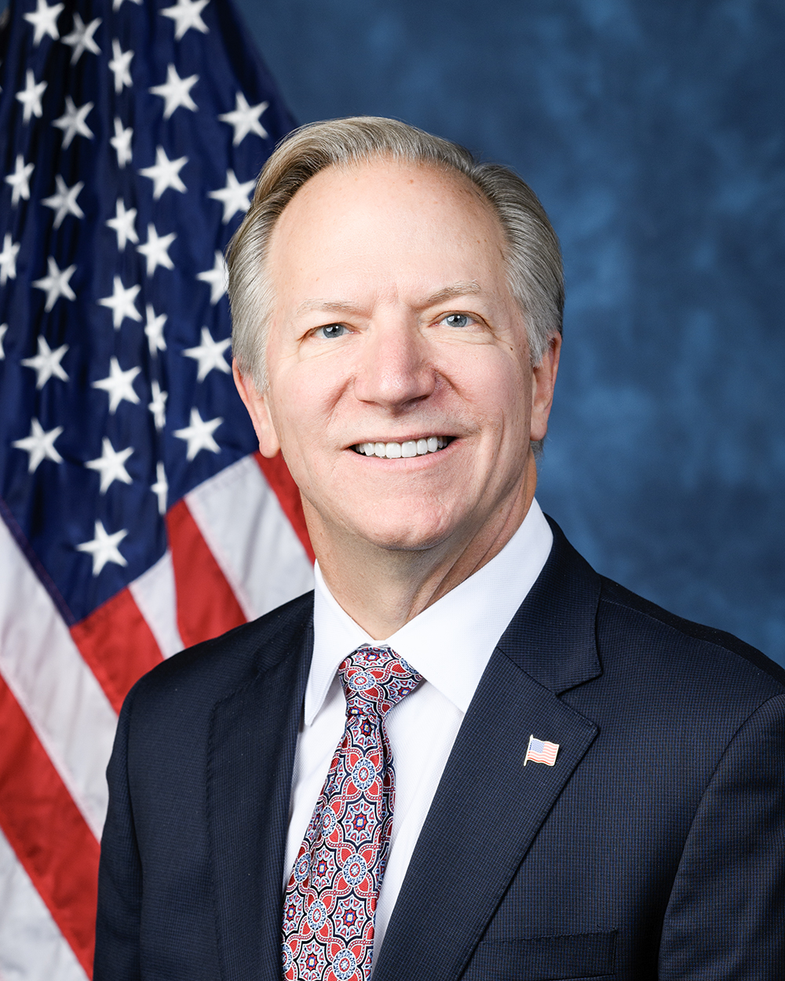
Co-Sponsor
-
TrackAugust Pfluger
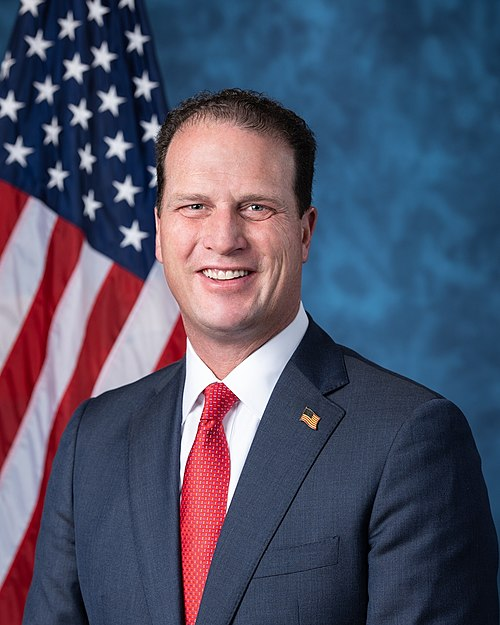
Co-Sponsor
-
TrackMichael A. Rulli
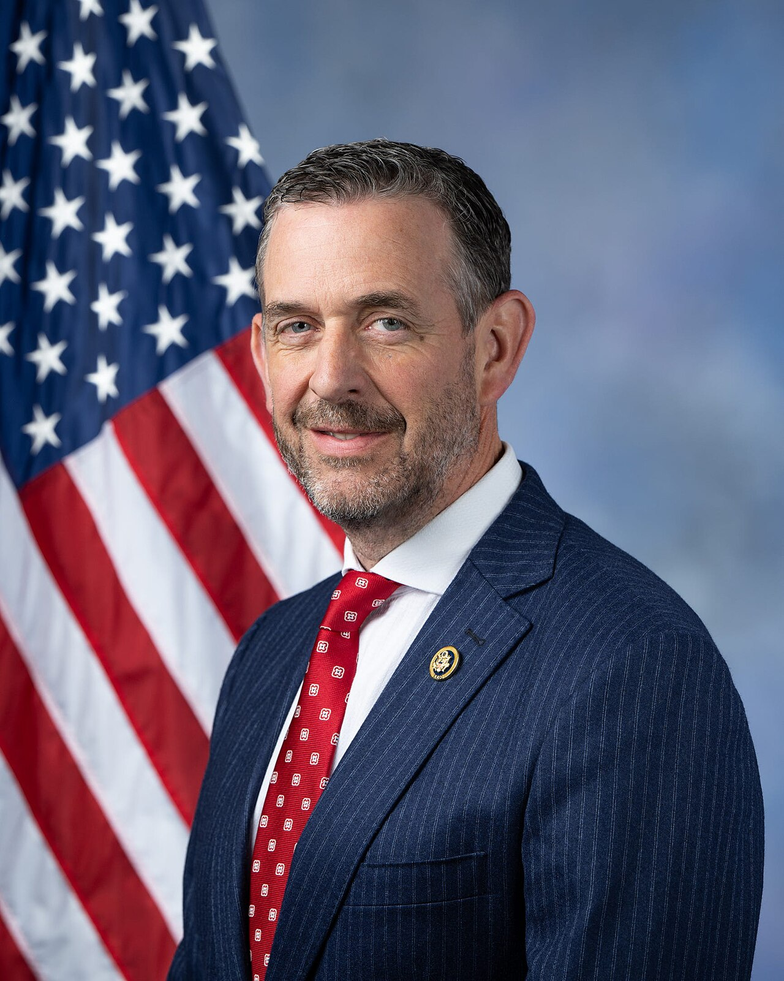
Co-Sponsor
-
TrackJefferson Shreve

Co-Sponsor
-
TrackRandy K. Weber, Sr.
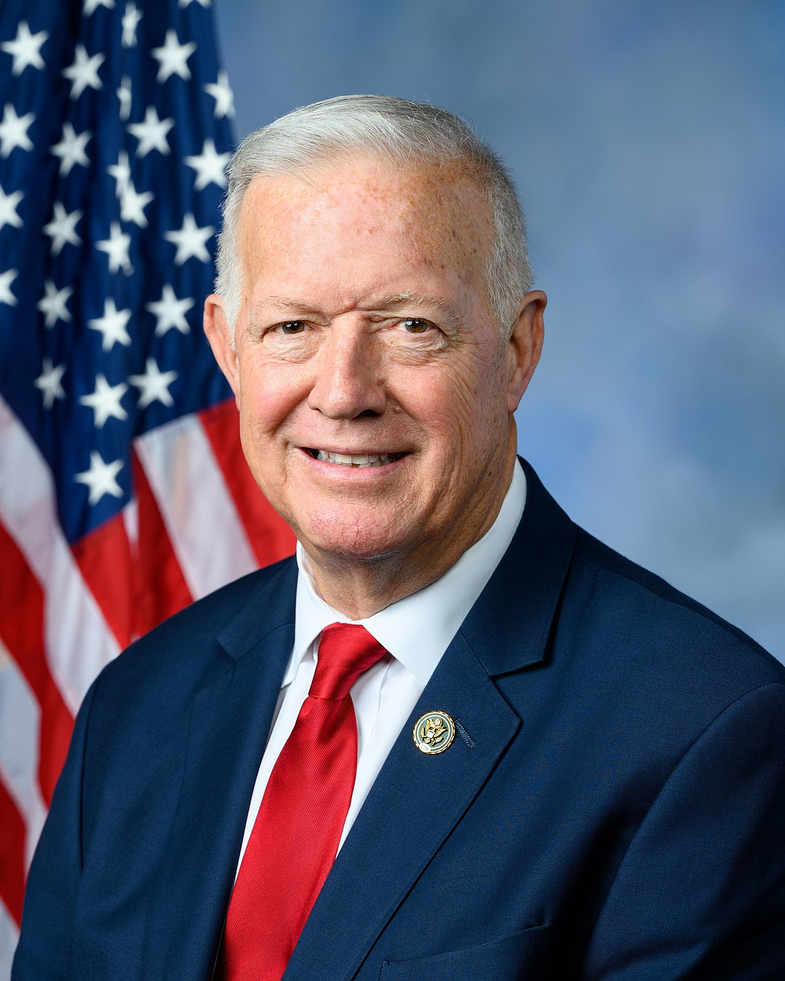
Co-Sponsor
Actions
2 actions
| Date | Action |
|---|---|
| Jun. 09, 2025 | Introduced in House |
| Jun. 09, 2025 | Referred to the House Committee on Energy and Commerce. |
Corporate Lobbying
10 companies lobbying
















